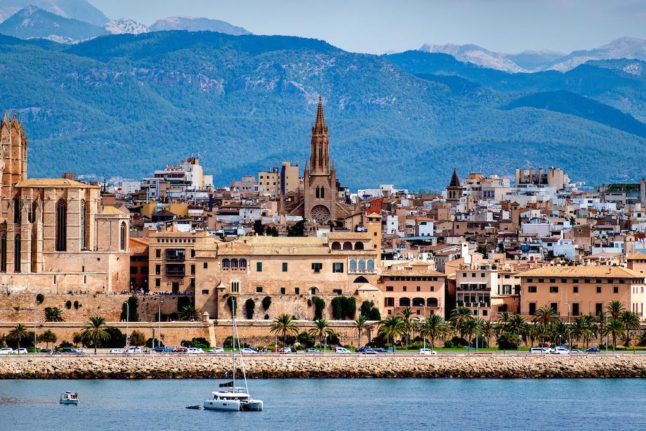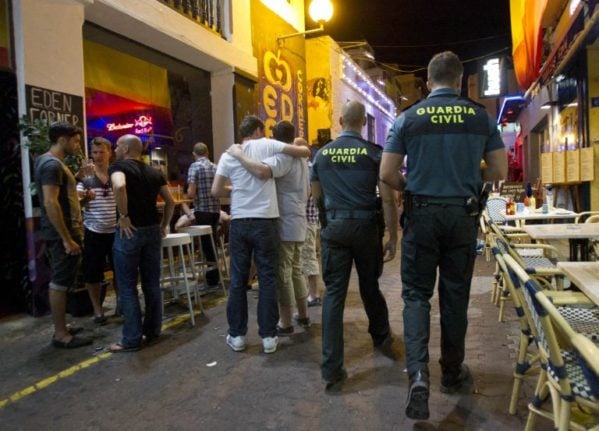The Balearic Parliament approved the law on urgent measures on Tuesday April 16th, based on the decree approved by the Government of Marga Prohens last October.
The new legislation aims to increase the supply of housing available in the Balearic Islands, made up of Mallorca, Menorca, Ibiza and Formentera, at affordable prices and without building on new land.
It primarily targets the middle and working classes and young people, who are the most affected by the lack of housing.
READ ALSO:
The Decree enables a set of measures to generate the creation of new homes at reasonable prices, as well as measures to help combat the fight against illegal tourist rentals, in order to recover homes for the residential market. These include:
Turning commercial properties into residential ones
The new decree enables existing premises such as commercial or administrative buildings, both ground and upper floors, to be converted into Limited-Price-Housing (HPL).
Division of existing homes
Existing homes will be divided to create new HPLs, through an increase in maximum densities, both for old buildings and in undeveloped plots with permitted multi-family and single-family residential uses.
Building up
It also allows existing buildings to be extended and built higher so that more land isn’t being taken up. This is primarily on plots with permitted multi-family residential use.
READ ALSO: Spain urges regions to limit Airbnb-style lets in ‘stressed rental areas’
Building on land earmarked for other use
The law also states that new housing can be built on land that was intended for private facilities that have not yet been developed or protected housing on plots for public facilities.
Changing tourist rentals into residential properties
Obsolete tourist establishments will be converted into residential properties in order to create more limited-price housing.
Creation of social housing
The law also expands upon the special regime already in force that allows for the creation of social housing in unfinished buildings with an expired tourist licence, in a dilapidated state or uninhabitable. The plan is to recover these structures so that they can be renovated turned into used low-cost housing.
Building of co-living spaces
The Decree Law also introduces a new category of accommodation with complementary common spaces such as co-living and co-housing. This has been created in response to new models of coexistence, for example for students or for the elderly. It aims to grant habitability certificates to homes that meet these conditions, regardless of the urban planning situation.
Another measure that has been negotiated between the parliamentary groups, is to reserve more housing for young people and to facilitate access to housing for workers in the tourism sector.
It will also regulate the habitability conditions of staff accommodation and accommodation with common spaces.
READ ALSO: Spain’s Balearics struggle to fill job vacancies due to exorbitant rents
Who will be able to access Limited-Price-Housing?
Those who are eligible to rent or buy these types of properties must meet a series of requirements.
They will need to be of legal age and must have permanent residence in the Balearic Islands. They also cannot already fully own a home.
In order to apply, the beneficiary will have to submit an online registration and responsible declaration to the General Directorate of Housing and Architecture.
It must be signed by the buyer or tenant, within a period of thirty days from the formalisation of the private contract, in which it must be declared that the HPL home will be used as a habitual and permanent residence and that the buyer/tenant meets the established requirements.
What types of properties will be available and how will it work?
These properties will be for sale, for rent or for rent with an option to buy, and it is established that these homes will maintain their HPL status permanently. Transfers of ownership and use are permitted at any time, as long as the required access conditions are met.
Two types of prices will established. For example, in the case of 60 m² and 80 m² homes, the various price ranges of HPL, depending on the municipality and the energy efficiency of the homes, would range between €102,000 and a maximum of approximately €241,000. In the cases of new construction, between €121,000 and about €285,000.
In the case of rental for homes of 60 m² and 80 m², the limited prices would be between €385 per month in the lowest sections up to a maximum of about €905. If it is a new construction, the rental prices of these two examples would range between €455 and €1,070.
READ ALSO: The cities in Spain where people fight most over a place to rent



 Please whitelist us to continue reading.
Please whitelist us to continue reading.
Member comments